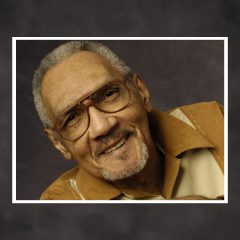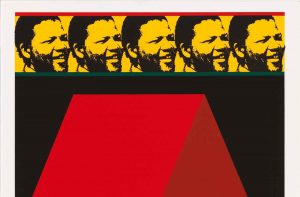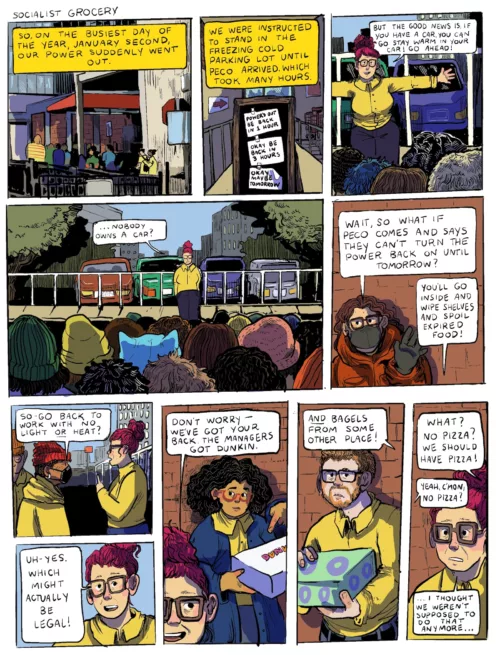Through so much strife in our country’s history, music has served as a key vehicle in communicating the issues of the day. Artists such as Billie Holliday, Bob Dylan, Aretha Franklin and Jimi Hendrix are just some of the artists that performed in protest of the injustices occurring during the height of the Civil Rights Movement.
A commission by the Portland Arts Society
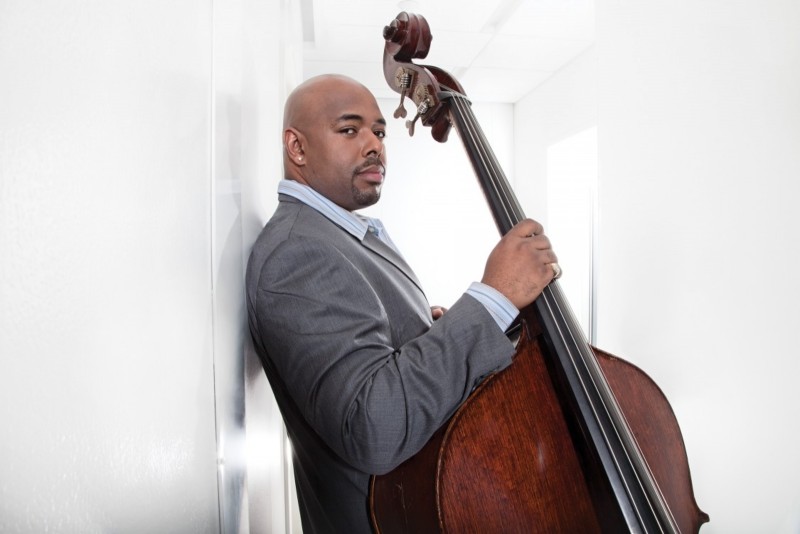
In 1998, McBride was commissioned by the Portland Arts Society to compose The Movement Revisited, envisioned as a composition for a small instrumental group and gospel ensemble – this year, McBride expanded his work into more of a huge production. Christian McBride’s colorful The Movement Revisited (one night concert at the Merriam Theater on November 20) is a jazz symphony written for 17-piece big band, four narrators and choir (The Philadelphia Heritage Chorale, led by J. Donald Dumpson) that reflect on the struggles of African Americans as a whole, their triumphs, and the challenges that still await us.
Born and raised in Philadelphia, the four-time Grammy award winning bassist, bandleader, and composer (fellow CAPA alum too!) has performed with a wide range of artists that include Chick Corea, Paul McCartney, and James Brown. His early mentors lay in his own family – Lee Smith, his father and Howard Cooper, his great uncle were renowned bassists in the burgeoning Philadelphia jazz scene. Becoming a musician proved to be a natural progression for McBride as he went from Philly to the Juilliard School and made his ascension into great prominence as a bass virtuoso.
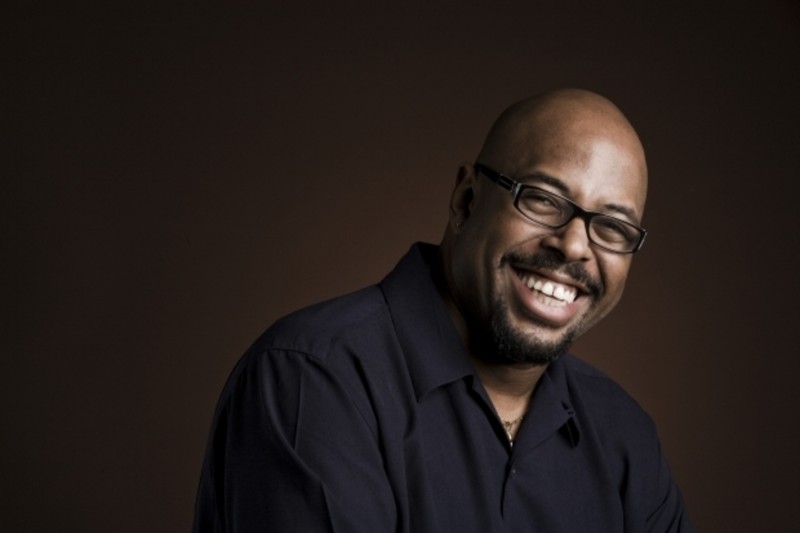
Words by great orators introduce the music
In The Movement Revisited, many of the great speeches throughout the Civil Rights Movement were used including those by Rosa Parks, Dr. Martin Luther King, Jr. Malcolm X, and Muhammad Ali. The orations were mostly given in the introduction of the piece before the music expressed the emotion of the words spoken. As an update to the piece, McBride also added in Obama’s now iconic “Yes We Can” speech from his 2008 acceptance speech, of which the four narrators traded lines with each other. The narrators were esteemed poet laureate Sonia Sanchez (Rosa Parks), the Rev. Alyn Waller of Philadelphia’s Enon Tabernacle Baptist Church (Dr. Martin Luther King, Jr.), and Broadway actors Dion Graham (Muhammad Ali) and Samuel Stricklen (Malcolm X).
There are so many unforgettable speeches made by Dr. Martin Luther King, Jr. that I felt like choosing his “I Have A Dream” was a somewhat predictable decision. It would have been nice to hear another one of his gems that aren’t referred to on the level of “I Have A Dream”.
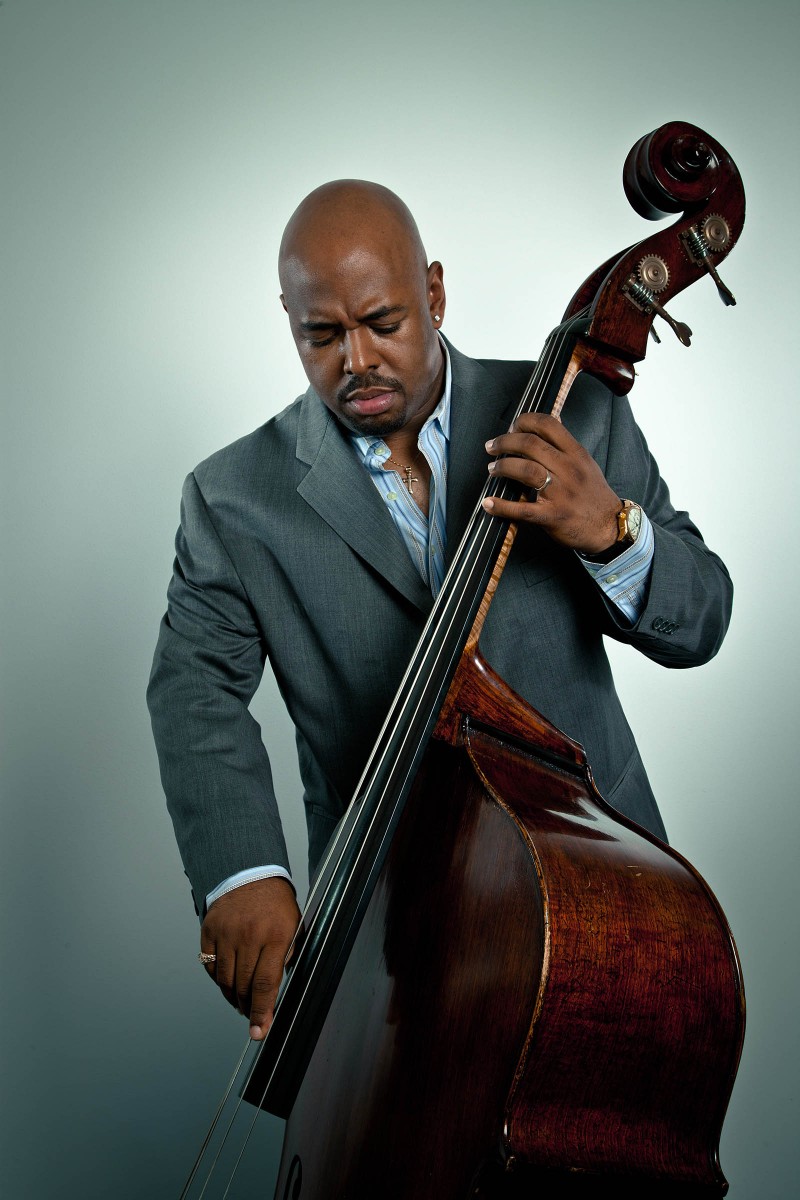
The spirit of Muhammad Ali’s “Rumble in the Jungle”
McBride dedicated one movement of the piece to each speech. Out of all of the movements dedicated to these pioneers, the Muhammad Ali movement titled “Rumble In The Jungle” was the most fruitful movement as it captured the spirit and energy of that particular Civil Rights icon the best. Ali was prideful and boastful, but never arrogant and the music’s boisterous rhythm and melody brought the famed boxer otherwise known as ‘The Greatest’ to life.
The interlude before the Obama movement had a Bach-like fugal melody played by McBride (showing up his technical chops) that continued on for a few minutes before the chorus came in with bluesy gospel sound. The classical section was so brief in comparison and because of this, the interlude never had a real payoff.
The Movement Revisited is a perfect way for McBride to interpret jazz music as more than just a genre or style – after all, Miles Davis once said, jazz music is “social music”. McBride shows us that without these brave individuals standing up for what a collective believed in and completely deserved, there would be no future of this kind of dialogue continuing into the 21st century with the Black Lives Matter Movement. Though it doesn’t fall within the confines of a single genre, McBride’s latest work is a worthy addition to the catalog of music informed by victory and tragedy, which offers vital learning opportunities for all listeners.
For more information on Christian McBride visit his website.



